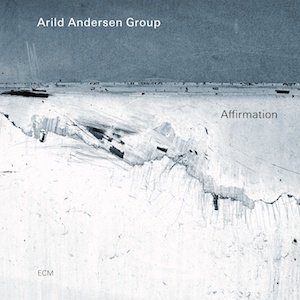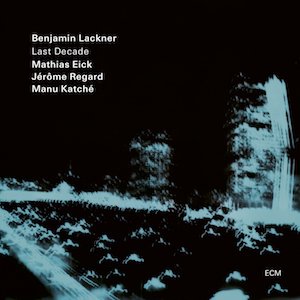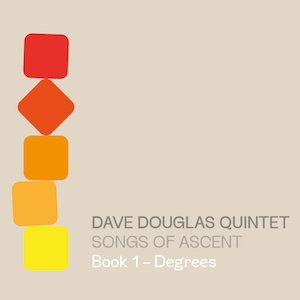Label: Creative Sources, 2022
Personnel - Jung-Jae Kim: tenor saxophone; Vít Beneš: electric guitar; Joel Haag: acoustic guitar; Shafeeq Alsadi: qanun; Farshad Saremi: kamancheh.
PAN is an international quintet based in Sweden with a peculiar instrumentation that includes saxophone, acoustic and electric guitars, qanun (an Arabic type of zither) and kamancheh (an Iranian bowed string instrument). The group has a different way of dealing with sound, running seven composed cuts (by saxophonist Jung-Jae Kim) in programmatic fashion. Their experimentalism often takes the form of avant-garde collages bound to suggest shadings and contrapuntal complexities.
“Air Dream” comes wrapped in sonic ambiguity, heavily contrasting with the motorized flux of sounds of “Road Driving”, where the sensation of speed and acceleration is notorious, and “Bricks Battery”, whose motivic patterns involve considerable warping.
In a first phase, “Wave Voice” combines the multiphonic sounds of the saxophonist and the erratic bowing of the kamancheh player Farshad Saremi. Surrounded by a buzzing aura and immersed in a dreamlike state, they are joined by the incantatory plucking of the qanun, while the guitarists contribute slightly discording configurations. All tracks follow unconventional notation, but catchy melodic lines are introduced here with good judgement, taking a special effect on the Eastern-tinged “Radio Nostalgia”. This is a romantic, if poignant, number with vocalized expression.
The exploratory tendencies of the quintet, which employs alternative techniques, are felt even more on “Siren Sopor”. This one, shaped up by noisy saxophone in tireless circularity, carries an ambient stillness created by the qanun, and some eerie, low-pitched tones in the background.
PAN’s adventurous creative styling relies on curious themes that breathe, clink, clank, and noodle together, sometimes in a low simmer, other times in a controlled state of trepidation.
Favorite Tracks:
03 - Wave Voice ► 04 - Siren Sopor ► 06 - Radio Nostalgia








































